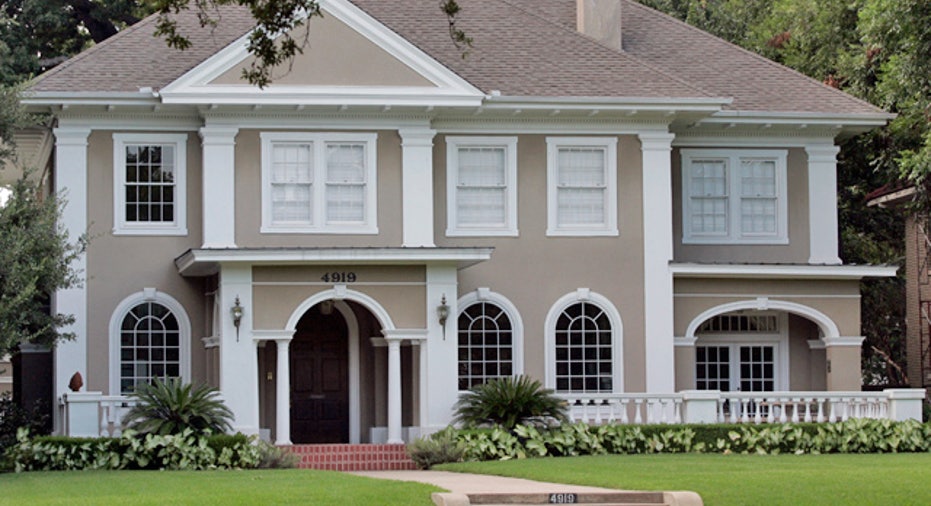FHA Will Keep Insuring Flipped Houses

The Federal Housing Administration, or FHA, has extended its waiver of the so-called anti-flipping rule. That means homebuyers will still be able to use an FHA-insured loan to buy a post-foreclosure property that has been bought and quickly fixed up by an investor.
Without the waiver, buyers who needed an FHA-insured loan wouldn't be able to consider a home that had been bought by an investor fewer than 90 days previously, according to Gary Parkes, a loan officer at Acopia Home Loans in Woodstock, Ga. "FHA wouldn't be an option," he says.
Rule Deters Flipping Fraud
The anti-flipping rule prohibits the use of an FHA-insured loan to buy a home that's being resold within 90 days of purchase.
The rule was implemented in 2003 to ensure that FHA financing wouldn't be used to ease fraudulent transactions. At issue were home "flips" in which "investors" bought houses at artificially depressed prices, made no effort to improve the properties and immediately resold them at artificially inflated values, oftentimes with the aid of fake (aka "straw") buyers and shady appraisers.
Buyers in such transactions were more likely to default on their loans due to fraud or inflated valuations. That's why "flipping" isn't as nice a word at the FHA as it may be on some television shows. It's also why the FHA originally decided not to insure any loans that involved a resale within 90 days.
Homes sold by Fannie Mae, Freddie Mac and federal- and state-chartered banks are exempt from the rule to allow speedier resales of foreclosed homes by those entities.
Waiver Helps Investors
The intent of the waiver is to allow responsible investors to buy those homes and resell them within 90 days.
The houses, presumably in fixed-up shape, may be more attractive than bank-owned homes to first-time homebuyers, who often prefer an FHA-insured loan because the guidelines allow for a small down payment.
The investors, on average, "do a much better job of rehabbing houses than the banks do," says Sean O'Toole, CEO of ForeclosureRadar.com, a foreclosure information service in Discovery Bay, Calif.
"Investors who buy at auction do more repairs and leave the properties in better condition -- more attractive to first-time buyers -- and that's good for neighborhoods, whereas the banks tend to sell them more as-is," he says.
Waiver has Restrictions
The waiver was initially in effect from Feb. 1, 2010, to Jan. 31, 2011, and has now been extended until Dec. 31.
Still, some restrictions apply to resales that occur within 90 days and involve FHA-insured financing:
- The purchase must be at arm's length between the seller and buyer.
- The property can't have been flipped in the past.
- The home must be fairly and openly marketed for sale.
- A sales price that's increased 20% or more must be explained and documented.
- The buyer's loan can't be a Home Equity Conversion Mortgage, or HECM, also called a "reverse mortgage."
Results so Far
Last year, the FHA insured $3.6 billion of loans on 21,000 homes that were resold within 90 days and wouldn't have qualified for the program without the waiver. California accounted for the largest number of those loans: 6,080, worth $1.37 billion. Next in line were Arizona, 1,926 loans worth $269 million; Florida, 1,633 loans, $209 million; Virginia, 842 loans, $185 million; and Nevada, 836 loans, $120 million. The rest of the loans were scattered throughout the other U.S. states.
The Department of Housing and Urban Development, or HUD, received only eight public comments regarding the waiver's extension, and the majority of those supported the proposal. Several wanted the exemption made permanent, a step HUD is on record as unprepared to take now.



















